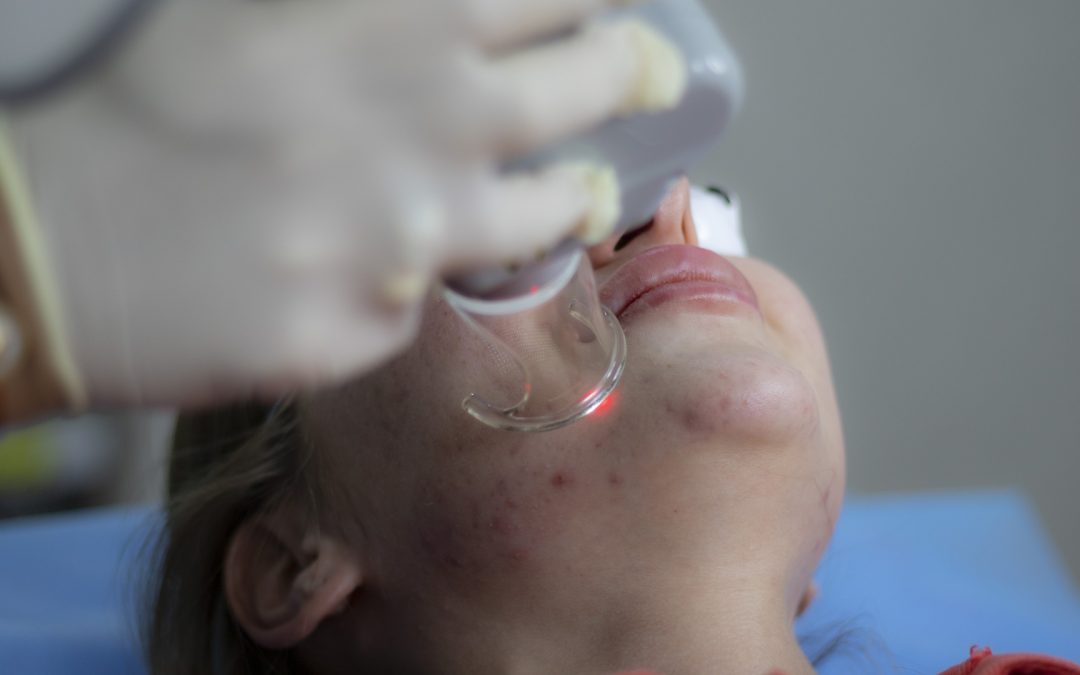The causes of severe acne have never been completely understood, but they often lead to permanent scarring of the skin. When a pimple becomes inflamed, the infection and stretching causes the skin to become damaged and in some cases it may leave a permanent mark. Thankfully, there is a variety of acne scar treatment methods to choose from, so there is a solution for every acne case.
Acne usually occurs more regularly on people with darker skin. African Americans have a higher risk of scarring because of inflammatory hyper pigmentation. People of Middle Eastern descent and Hispanics also have more sever hyper pigmentation compared to Caucasians. Asian patients have a lower pigmentation risk than most, but it is still higher than Caucasians. The shade of your skin plays a vital role in treating scars because discoloration is one of the main results from acne.
Skin discoloration is far more common that scarring, but often these two conditions are grouped together. Discoloration is not as permanent as scars, but in some cases it may take years to disappear. There are three main types of color changes: purple and pink patches, brown/black discoloration, and white marks after the pimple has healed.
There is no acne cure that is 100% effective, but many treatments have high success rates. Some are also dangerous though, so users should exercise caution before trying any new treatments. Your scarring treatment will largely depend on the type of scars you have and how severe they are. For example, pitted acne scar treatment will largely differ compared to atrophic or hypertrophic scars. Treatment is also expensive and is usually not covered by health insurance. Before acne scar treatment, it is very important to make sure your acne is cleared up first. If your face has not been healed of acne, other scars could form and the expense and procedure would be wasted.


